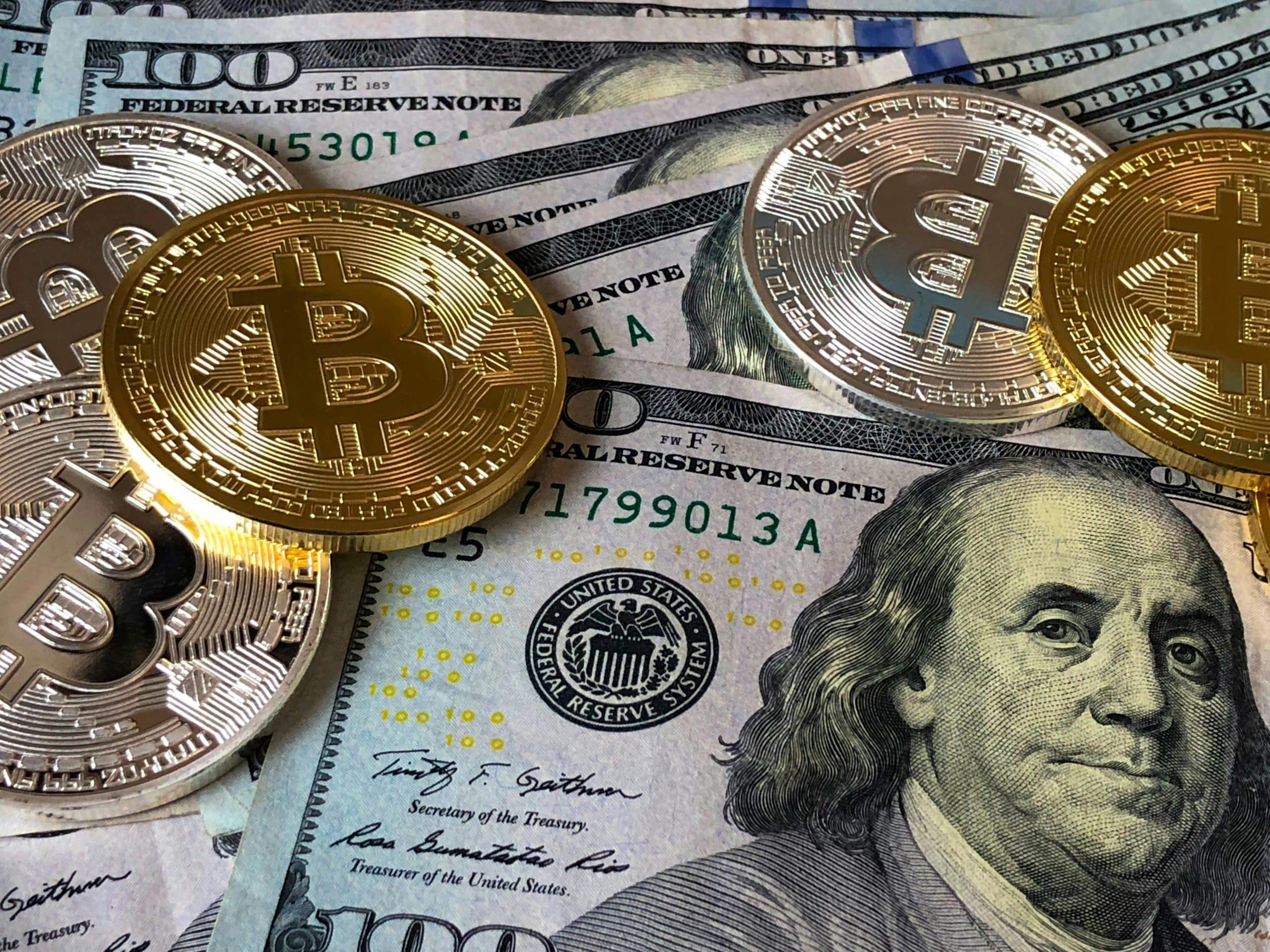Food traceability is an integral aspect of the food supply chain. By allowing stakeholders to track products from their origin to their consumption, traceability enhances food safety, reduces waste, and supports sustainable agriculture. The advent of blockchain technology offers a new approach to achieving this goal. But how exactly can blockchain technology ensure food traceability in the UK supply chain? This article delves into the intricacies of blockchain-based food supply chain systems, their benefits, and how they can revolutionize the industry.
What is Blockchain and How Does it Work?
Before we delve into the specifics of how blockchain can improve food traceability, it’s important to understand what blockchain is and how it works. A blockchain is a type of database that stores data in blocks which are linked together in a sequential chain. This system offers a high level of security and transparency, making it ideal for recording transactions.
This might interest you : How to Utilize Augmented Reality for In-Depth Historical Tours in UK Cities?
In a blockchain-based supply chain system, each link in the chain (e.g., farmers, processors, distributors, and retailers) records their data on the blockchain. This data may include details about the product’s origin, cultivation or production methods, processing, shipping, and more. Each entry is time-stamped and becomes an immutable part of the blockchain once it’s verified by the network.
The Role of Blockchain Technology in Food Traceability
Blockchain technology is quickly becoming a game-changer in the food supply chain. By providing a decentralized and transparent platform, blockchain can enhance traceability, accountability, and trust among all stakeholders.
Also read : Rent a boat in St. Barts made easy
When a food product is logged onto a blockchain-based system, a digital certificate is created. As the product moves along the supply chain, each stakeholder updates the blockchain with relevant data. This could include details about processing, temperature controls, delivery times, and so on. The end result is a comprehensive and tamper-proof record of a product’s journey from farm to fork.
This level of traceability is beneficial in several ways. For one, it can quickly pinpoint the source of food contamination, minimizing the impact of foodborne illnesses and recalls. Additionally, it can reduce food fraud by providing proof of a product’s origin and authenticity.
Integrating Blockchain with IoT for Enhanced Food Traceability
The true potential of blockchain technology in ensuring food traceability comes to light when it’s paired with the Internet of Things (IoT). IoT devices such as sensors and RFID tags can automatically record and transmit data to the blockchain, further increasing transparency and accuracy.
For example, temperature sensors can be used in transportation to monitor the condition of perishable foods. If the temperature deviates from the accepted range, an alert can be sent in real time to the relevant parties. This not only ensures the quality of the product, but also allows for quick corrective actions to be taken if necessary.
Implementation of Blockchain Technology in the UK Food Supply Chain
In the UK, several companies have already begun exploring the potential of blockchain technology in their supply chains. For instance, the Food Standards Agency (FSA) successfully completed a pilot program using blockchain technology in a cattle slaughterhouse. The system was used to enhance transparency and improve the speed at which data could be accessed.
Moreover, major retailers such as Sainsbury’s and Co-op, have shown interest in the potential of blockchain for ensuring food quality and safety. These companies believe that blockchain can provide a more efficient and reliable means of tracking products across the supply chain.
The Challenges and Future of Blockchain in the UK Food Supply Chain
Despite the potential benefits of blockchain technology for food traceability, there are still challenges that need to be addressed. These include technical issues such as the interoperability of different blockchain systems, the scalability of the technology, and the lack of technical expertise.
However, with the continued development of blockchain technology and its growing acceptance in the industry, these challenges are likely to be overcome. As more companies realize the potential of blockchain for ensuring food traceability, we can expect an increased adoption of this technology in the UK food supply chain.
Blockchain and Advanced Technologies: A Synergistic Approach to Food Traceability
Synergising blockchain technology with other advanced technologies can greatly enhance food traceability in the supply chain. One such synergy is between blockchain and artificial intelligence (AI). AI can process large amounts of data swiftly and accurately, identifying trends and patterns that might be missed by human analysis.
When integrated with a blockchain-based traceability system, AI can expedite decision-making processes and reduce human error. For instance, AI could analyze data from various stages of the food supply chain in real time, alerting relevant parties to potential issues such as temperature fluctuations during transport.
Smart contracts, another blockchain-based application, can also aid in enhancing food safety and traceability. These self-executing contracts with the terms of the agreement directly written into lines of code, can handle transactions in a transparent, conflict-free way while avoiding the services of a middleman. For instance, a smart contract in the food supply chain could automatically trigger payments once a food product has been safely delivered and its quality confirmed.
Despite these potential benefits, integrating advanced technologies into blockchain-based traceability systems can be complex and require substantial technical expertise. Therefore, investments in training and capacity building will be critical to the successful implementation of these technologies in the UK’s food supply chain.
The Future of Food Traceability in the UK: A Blockchain Revolution
The enhanced traceability and transparency offered by blockchain technology have the potential to revolutionise the UK food supply chain. By enabling stakeholders to trace food products back to their source, blockchain can reduce food fraud, improve food safety, and support sustainable agriculture. Moreover, the integration of blockchain with advanced technologies, such as AI and IoT, can further enhance traceability and operational efficiency in the supply chain.
However, the journey towards a blockchain revolution in the UK food supply chain is not without its challenges. Overcoming these will require ongoing research, cross-sector collaboration, regulatory support, and continued investment in technology and skills development.
On the regulatory front, the UK government and food industry bodies will need to provide clear guidelines on the use of blockchain and other related technologies in the food supply chain. This will include setting standards for data privacy, interoperability, and technology integration. In addition, research institutions and industry actors will need to work together to develop and test scalable, interoperable blockchain solutions that can meet the diverse needs of the UK’s agri-food sector.
In conclusion, while the path towards a blockchain-based food supply chain in the UK may be challenging, the potential benefits of enhanced food traceability, improved food safety, and greater supply chain efficiency make the journey worthwhile. As we look to the future, it’s clear that blockchain technology has a significant role to play in transforming the UK’s food supply chain.






